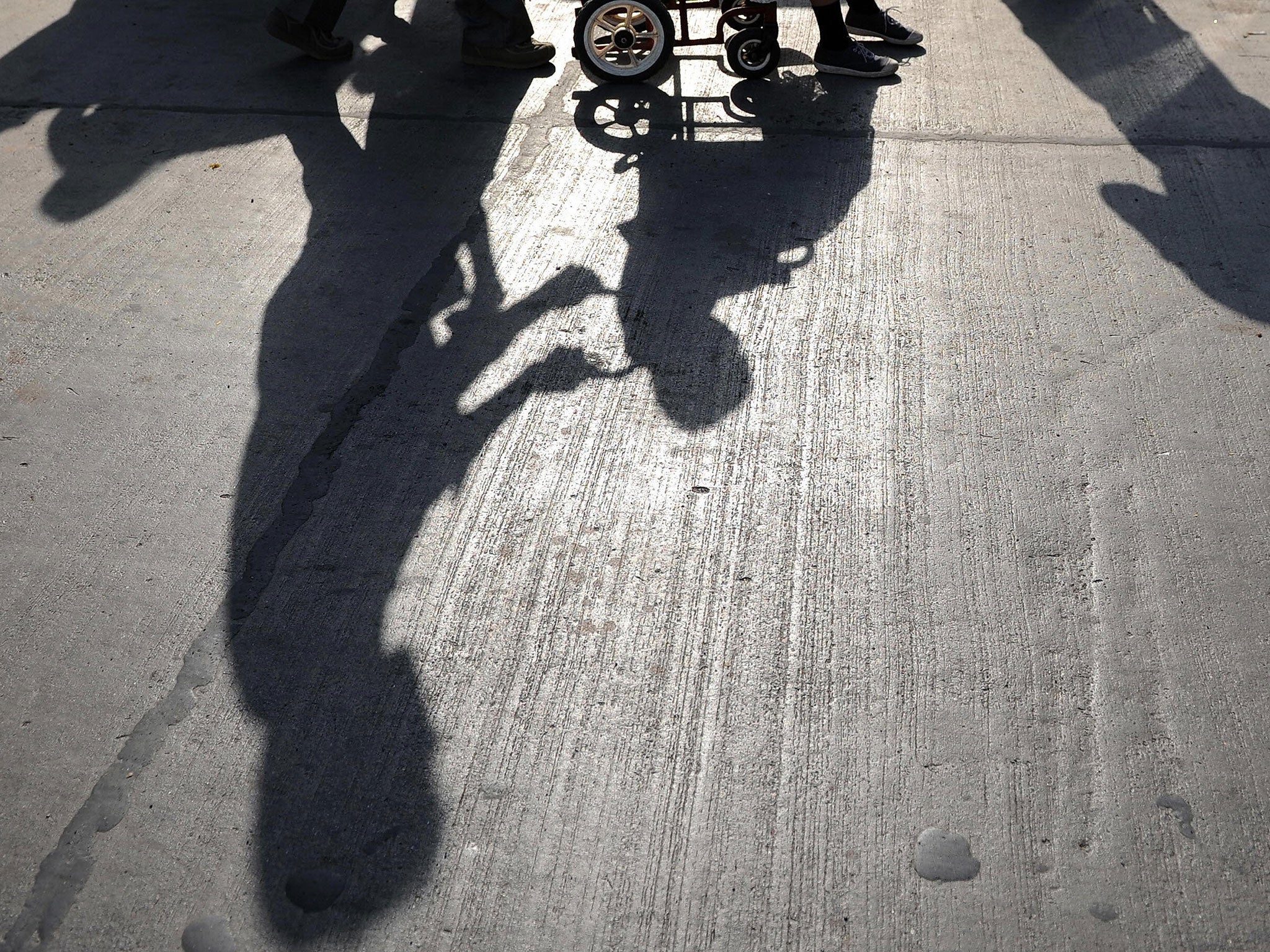Your support helps us to tell the story
From reproductive rights to climate change to Big Tech, The Independent is on the ground when the story is developing. Whether it's investigating the financials of Elon Musk's pro-Trump PAC or producing our latest documentary, 'The A Word', which shines a light on the American women fighting for reproductive rights, we know how important it is to parse out the facts from the messaging.
At such a critical moment in US history, we need reporters on the ground. Your donation allows us to keep sending journalists to speak to both sides of the story.
The Independent is trusted by Americans across the entire political spectrum. And unlike many other quality news outlets, we choose not to lock Americans out of our reporting and analysis with paywalls. We believe quality journalism should be available to everyone, paid for by those who can afford it.
Your support makes all the difference.A grieving mother has been ordered to pay the ‘bedroom tax’ after her son died and left his room empty, according to local media.
WalesOnline reports that Julie Glover was left ‘under-occupying’ her house after her son David died suddenly in 2012.
Ms Glover says she wants to be rehoused to a suitable home so she can stop paying the charge, but that her local council will not do so because of costs.
The mother’s surviving son, Royston, suffers from cerebral palsy, and needs a specially adapted home to live comfortably with his wheelchair.
“We asked to downsize but we’re told we cannot be moved because it’s too expensive to adapt another place,” she told WalesOnline.
“In the meantime they are continuing to charge us.”
The 'bedroom tax' is a reduction in housing benefit for people living in social housing who have more rooms than the Government says they should have.
Local authorities can in some circumstances provide payments from a discretionary fund to cover the cost of the charge but this process is not automatic.
In April Conservative minister Michael Fallon admitted that the under-occupancy charge, that ministers sometimes refer to as ‘abolishing the spare-room subsidy’, was “not an easy sell on the doorstep”.
In a recording passed to the Independent he admitted that “almost every council in the country” had failed to use the discretionary housing payments properly.
The tax is one of the least popular elements of the Government’s welfare reform programme. Last year 49 per cent of people told YouGov they were opposed to the charge, with 41 per cent saying they were in favour of it.
A Newport council spokeswoman said: “Newport City Council is awaiting an application on behalf of Mrs Glover, a Newport City Homes tenant, for a discretionary housing payment and it will be dealt with as soon as possible after it is received.”

Join our commenting forum
Join thought-provoking conversations, follow other Independent readers and see their replies
Comments